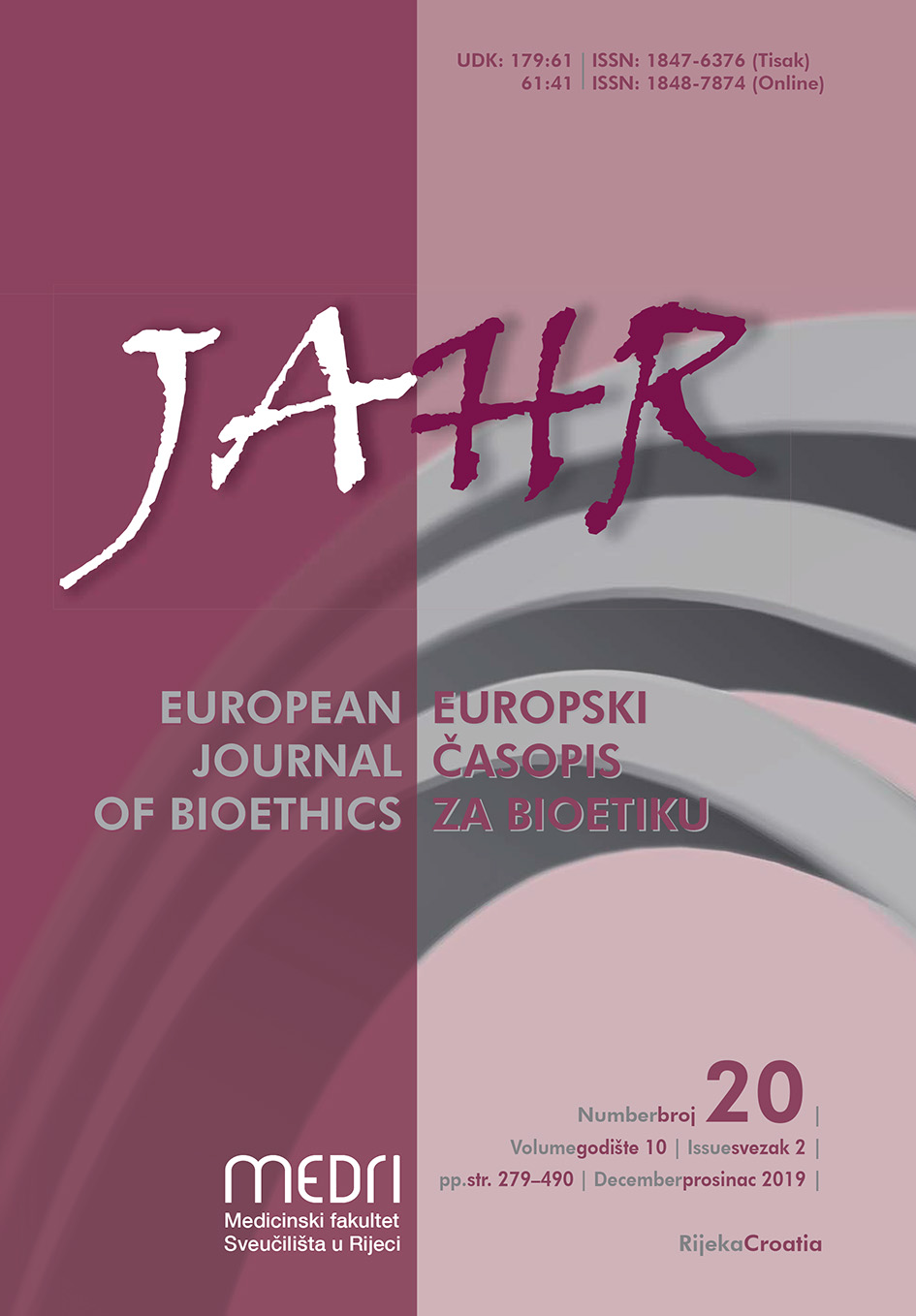Genetically Modified Crops – Bioethical Approach
Keywords:
GMOs, controversies, bioethics, laws, decrees, theory, practiceAbstract
https://doi.org/10.21860/j.10.2.7
Biotechnology, genetic engineering, transgenic or genetically modified organisms (GMOs) have caused numerous controversies around the globe over the last twenty years. Scientific studies on the production and use of GMOs, although they do not have a uniform axiological sign nor offer simplified answers to expressed dilemmas, show that GM food poses a potential risk to human health, detrimental environmental impact, and general deterioration in the quality of agricultural crops. Classical bioethical questions regarding the potentially irreversible damage the biological heritage altered in this way can bring to the present, but also future generations should be added to this. The implementation of this, as its supporters call it, fastest-adopted plant technology in the modern history of humankind threatens, from the social aspect, traditional agricultural production and deepens the already great social inequalities between rich and poor farmers. There are also apparent interventions by large states and biotechnological companies when adopting or correcting appropriate laws and regulations on GMOs, which, although declaratively emphasizing general needs and the common good, in fact (un)skilfully conceal their own particular interests. Analyses made by many scientists and bioethicists, finally, show that the thesis that a “gene revolution” will resolve the problem of hunger in the world was not justified in the previous two decades.
Downloads
Published
Issue
Section
License
Authors who publish with this journal agree to the following terms:
- Authors retain copyright and grant the journal right of first publication with the work simultaneously licensed under a Creative Commons Attribution License that allows others to share the work with an acknowledgement of the work's authorship and initial publication in this journal.
- Authors are able to enter into separate, additional contractual arrangements for the non-exclusive distribution of the journal's published version of the work (e.g., post it to an institutional repository or publish it in a book), with an acknowledgement of its initial publication in this journal.
- Authors are permitted and encouraged to post their work online (e.g., in institutional repositories or on their website) prior to and during the submission process, as it can lead to productive exchanges, as well as earlier and greater citation of published work (See The Effect of Open Access).



